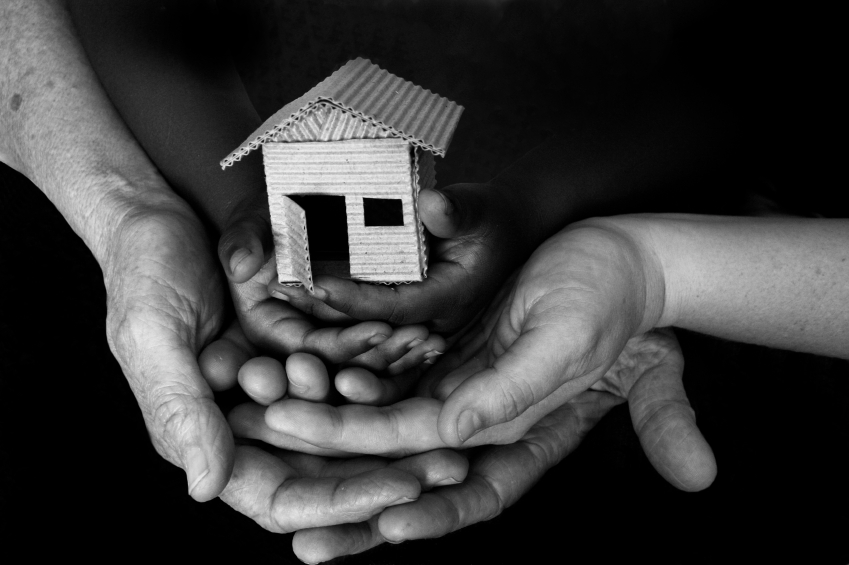So I passed him on the street yesterday,
He was dressed in rages, smelled like the public bathroom near a beach on a hot summer’s day.
His hair was long, I could have sworn I saw lice crawling in his ears,
His beard shaggy and gray.
He smiled when he saw,
Gave me a nice toothy grin, “Beautiful day mi’lady” he said as he gave me a mocking bow.
I smiled back politely while inside I felt awfully grim,
I know what was coming, his quick question for some spare change.
I never carry change, it’s a hindrance I find.
With the invention of debt and credit cards, there’s no need for me to carry some extra weight.
“Are you well mi’lady?” he asked.
I raised a brow, he gave me another toothy grin, “you look like you could use a smile.”
He was different I noted. He hasn’t asked me for change.
“I’m good, thank you.” I gave a curt reply.
“And you sir?”
I wondered why I asked that, usually I try to run the other away.
“I haven’t has a meal in ages.” He informed with is odd accent as he looked so very sad,
I found my heart feeling heavy as I watched his gray eyes cloud with doubt.
“I’m sorry,” I found myself saying, “I don’t carry change.”
He gave me another toothy grin as he looked frightened to ask, “Could you buy me something then?”
I looked at his face, filled with dirt, grease and dandruff speckles.
I nodded my head, after all, we all lost money all the time.
Why not buy this poor hungry man a meal.
“What would you like?”
He gave me the brightest smile I had seen in a week, “A bagel, mi’lady. With some lemonade if you could.”
I found myself smiling back as I walked into Tim Hortons to buy this man his meal.
As I walked back out the store and handed him his food, he looked at me with tears in his eyes and a “Bless you mi’lady, may god make you prosper! This is my first meal in ages.”
I thanked him for his kind words and walked away.
As I walked away my thoughts went back to the old fellow I had met.
I’m sure he would have been a jolly old man if he wasn’t living on the streets, handsome too if he were to clean himself up nice.
I wondered why I accepted his request to buy him a meal while I passed tons of other homeless individuals on the streets that very day.
Perhaps it was his toothy hair or the lice in his hair – who knew.
But one thing I do know,
In this hot summers day,
I had made a man smile.
This poem is based on a true situation which I had encountered a while ago. I had many more encounters similar to this since than, and each time the person leaves an impression on my heart. It just goes to show that a little bit on compassion goes a long way.






